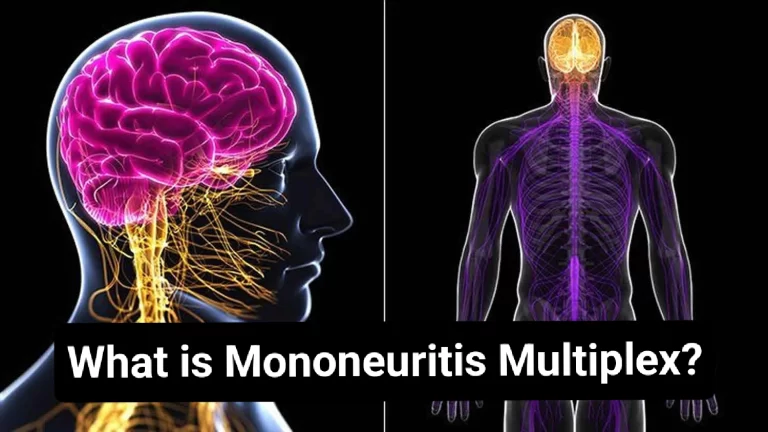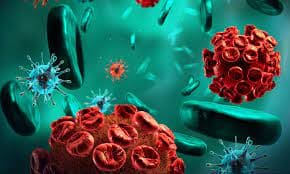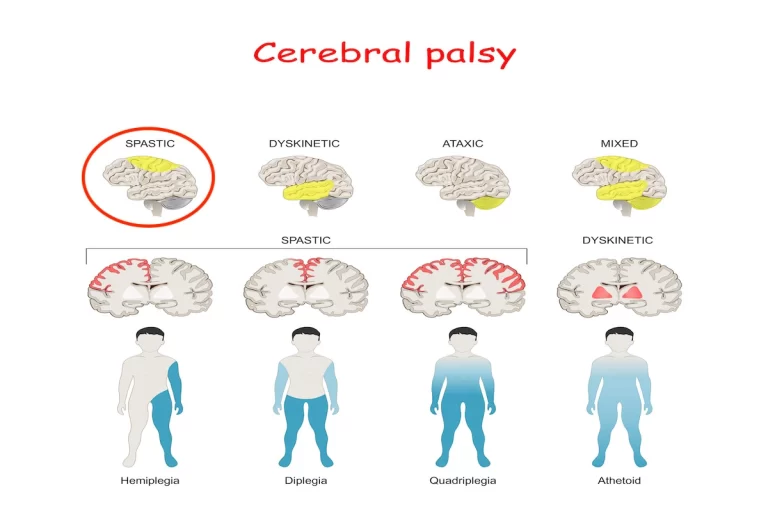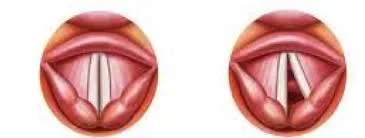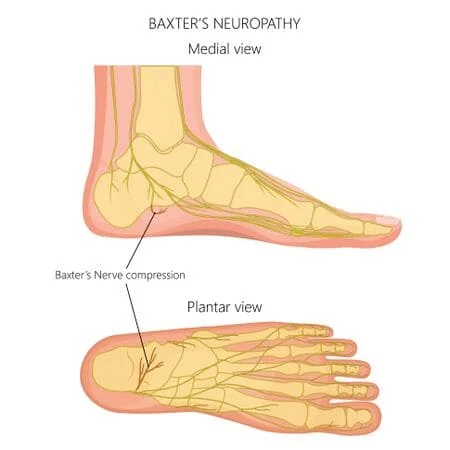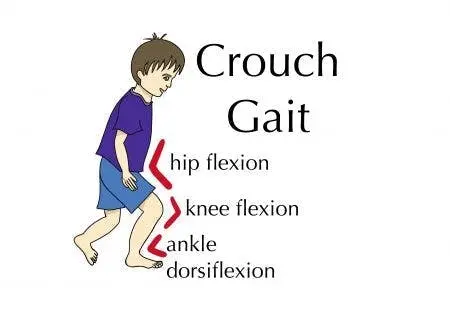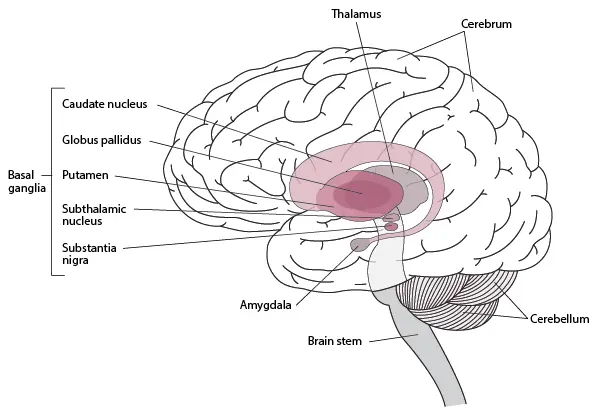Vertigo
What is Vertigo? Vertigo is a sense of being off balance. When you get dizzy spells, you may feel as if you are spinning or the world around you is moving. Vertigo often originates from an inner ear issue. This sensation might be mild or severe, making it difficult to maintain your balance and do…


